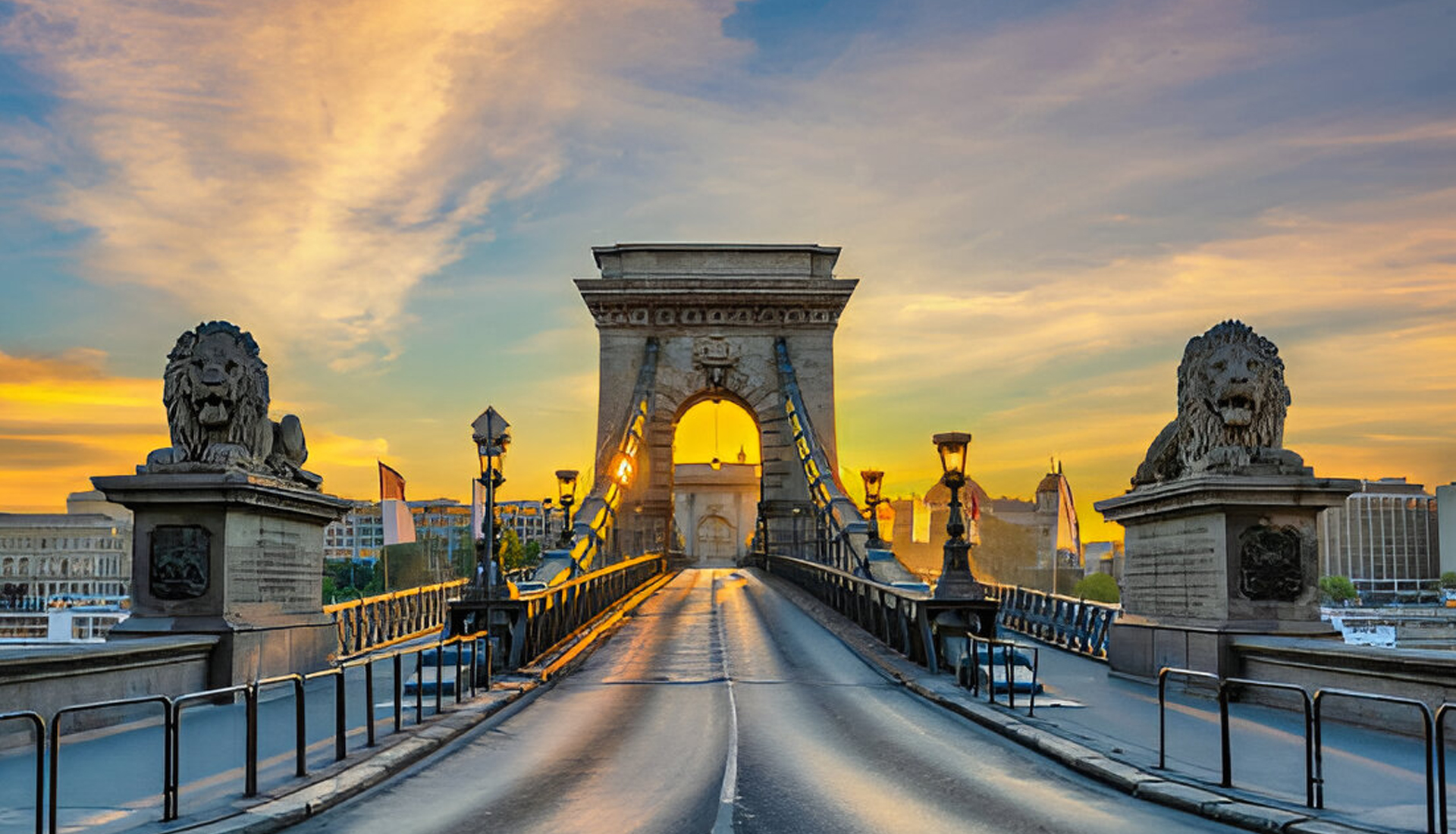History
Hungary has a rich and dynamic history that has played a key role in Central Europe. Originally inhabited by the Magyars in the 9th century, Hungary became a powerful medieval kingdom under the Árpád Dynasty. The country was a significant part of the Austro-Hungarian Empire until its dissolution in 1918. Following the Treaty of Trianon, Hungary experienced territorial losses after World War I, leading to challenges in the interwar period. Nazi Germany's occupation during World War II brought further hardship. After the war, Hungary transitioned from a Soviet-influenced communist regime to a modern democratic state in 1989. Today, Hungary is celebrated for its cultural contributions, history, and political stability.
Hungary’s history is a story of kingdoms, empires, and resilience, marked by its struggles, transitions, and rich contributions to European culture.
The legacy of the Austro-Hungarian Empire and recovery from 20th-century conflicts highlight Hungary’s strength and adaptability in modern Europe.
Good to Know
Country
Visa Requirements
Language Spoken
Currency Used
Area (km2)
Geography
Hungary is located in Central Europe, bordered by seven countries: Austria, Slovakia, Ukraine, Romania, Serbia, Croatia, and Slovenia. The country features diverse landscapes, including rolling plains, mountains, and river valleys. The Danube River, one of Europe’s most significant waterways, runs through Hungary, dividing its capital, Budapest, into two distinct areas: Buda and Pest. Lake Balaton, the largest lake in Central Europe, is a major natural attraction and a popular vacation destination. Hungary’s climate is continental, with cold winters and warm summers, offering a variety of experiences year-round.
Hungary’s landscapes range from picturesque river valleys and plains to beautiful lakes and urban architectural gems. These natural features offer visitors a mix of cultural exploration and outdoor recreation opportunities.
The Danube River and Lake Balaton are two of Hungary’s most iconic natural landmarks, combining history, recreation, and scenic beauty.
Culture
Hungary has a vibrant cultural heritage, combining centuries of history, music, arts, and cuisine. Known for its contributions to classical music and folk traditions, Hungary has produced composers such as Béla Bartók and Franz Liszt. Architecturally, Hungary boasts a variety of styles, from Gothic cathedrals to Baroque palaces like Buda Castle and the Hungarian Parliament Building. Hungarian cuisine is well-loved for its use of paprika and hearty dishes like goulash and chimney cake. Hungary also celebrates many festivals, such as the Budapest Festival and the Sziget Music Festival, reflecting its rich arts and traditions.
Hungary’s culture is a blend of historic traditions, classical music, vibrant folk arts, and innovative modern creativity, creating an unforgettable European experience.
From Budapest’s historic architecture to folk traditions and culinary specialties, Hungary offers a journey through centuries of tradition and artistic evolution.
Why You Should Visit
Hungary offers a wide range of attractions, combining rich history, vibrant culture, scenic landscapes, and cuisine. Budapest, the capital, is known for its historic landmarks, thermal baths, and vibrant nightlife. Visitors can explore Buda Castle, the Hungarian Parliament Building, and explore cultural institutions like museums and galleries. Natural attractions such as Lake Balaton and the Danube River provide outdoor recreation opportunities. Hungary’s festivals, food culture, and arts scene make it a must-visit destination for travelers of all interests.

